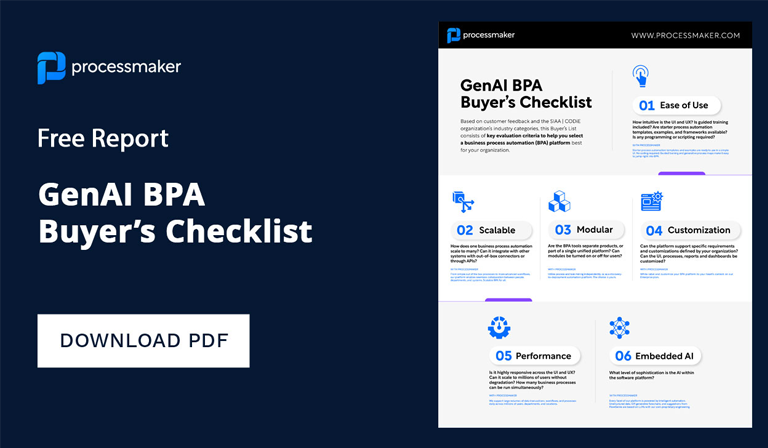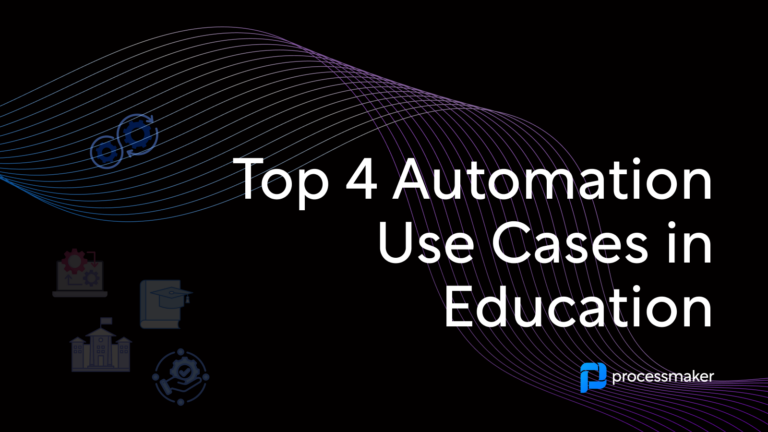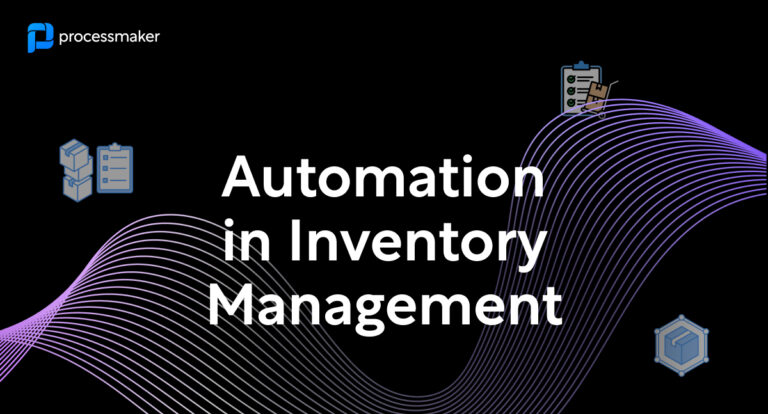Local, state, and federal authorities across the United States are being put to the test amid the COVID-19 outbreak. Many businesses have been pushed to the brink as local and global society has all but shut down.
It’s important for your city to be prepared to support struggling businesses that reach out for support. Even if your government doesn’t have funding to offer, pointing business owners in the right direction could be a major help.
City governments are going to be on the front lines of both the health and economic crises unfolding. Leaders at every level will have to step in to provide direction, resources, information and more. So then, is your city ready to provide COVID-19 relief?
Even if your city is not distributing funds or resources, you can still direct people and businesses to the appropriate authorities.
Cities should anticipate and prepare for a wide variety of questions and concerns
The COVID-19 pandemic has been unprecedented. Yes, humanity has experienced epidemics and pandemics before. However, with the world now far more globalized than in the past, the spread and effects of the outbreak have forced massive, never-before-seen responses from governments.
Many borders have been shut down, travel has been greatly limited, and supply chains are cratering.
For many entrepreneurs, social distancing and the shutdown of non-essential businesses, have created an immensely difficult operating environment. Even if a business is shut down, the landlord may be demanding rent among other bills which can quickly add up.
The unparalleled economic difficulty and uncertainty has resulted in the U.S. Federal government launching a $2 trillion dollar Coronavirus Aid, Relief and Economic Security or CARES Act stimulus plan. Funds are flowing in elsewhere, as well, and the U.S. Federal Reserve is injecting liquidity into the market.
Meanwhile, countless state and local governments are setting up their own programs. Regardless of whether your city sponsors programs, you could field questions.
The Small Business Administration offers several programs
Make sure you share the Small Business Administration’s (SBA) COVID-19 resource page with your community. Under the CARES Act, the SBA is supporting at least four programs:
- Paycheck Protection Program: Small businesses will receive a loan of up to $10 million. If the business keeps all of their employees on payroll and spends the loan on rent, payroll, utilities, or mortgages, the loan will be forgiven.
- Economic Injury Disaster Loan: Businesses that have experienced a temporary loss of revenues can apply for a loan of up to $10,000. Companies must generally have less than 500 employees, although companies in certain industries may be eligible even if they employ more.
- SBA Express Bridge Loans: If a business already has a relationship with an SBA Express lender, it may be able to access up to $25,000 in loans quickly.
- SBA Loan Forgiveness: The SBA will automatically pay the fees, interest, and principal of 7(a), 504, and microloans for six months if the loan has already been disbursed or is issued prior to September 27, 2020.
Unemployment expansion
Even with the above programs, many businesses will be forced to layoff staff. Many business owners will still want to protect their (former?) employees. Fortunately, the CARES Act will expand unemployment benefits.
Beyond state benefits, the Federal government will pay as much as $600 in additional funds per week for up to four months. Many states have also expanded the length of unemployment benefits. This $600 is not capped at the employee’s maximum pay.
State-level initiatives
Many states are launching their own COVID-19 relief programs. Let’s take a quick look at some of the many state programs that have been launched. Even if your state hasn’t yet launched COVID-19 relief programs yet, make sure you check back.
Florida Small Business Emergency Bridge Loan Program: provides up to $50,000 in interest free loans if a business has been impacted by the COVID-19 epidemic. This program is meant to tide businesses over until federal assistance is available.
Michigan Small Business Relief Program: grants will be administered through 15 local and nonprofit economic development organizations across the state. Funds are expected to be available in April.
Minnesota Department of Employment and Economic Development Loans: If a business can demonstrate that it has experienced hardship because of the COVID-19 outbreak, it may be eligible for up to $35,000 in interest free loans.
Wisconsin Small Business 20/20 Program: If COVID-19 has resulted in cash flow problems, a business may be eligible for up to $20,000 in grants.
Many other states have launched programs. Check with your state authority to see what resources are available.
Local governments offer enhanced support
Local governments are also stepping up to support small businesses in their community. Every local government should see if funding or other resources can be leveraged to help businesses. Of course, many governments are facing their own struggles, so resources may be tight.
In Atlanta, the city council has set aside $1.5 million to support small businesses. Chicago has launched a $100 million Small Business Resiliency Fund that will provide low interest loans. Meanwhile, in Denver businesses can apply for grants of up to $7,500. In New York City, businesses that have suffered a 25 percent or greater decline in sales are eligible for interest-free loans up to $75,000.
Rules and eligibility vary from community to community. If your city government is considering a relief program, consider both what other cities are doing and the needs of local businesses.
In conclusion
Many other programs have been launched by government authorities and other organizations. Already, members of Congress are discussing further stimulus measures. If more stimulus measures are announced, make sure to thoroughly understand the details. Businesses in your community may be eligible for relief, and they will most certainly need it.





